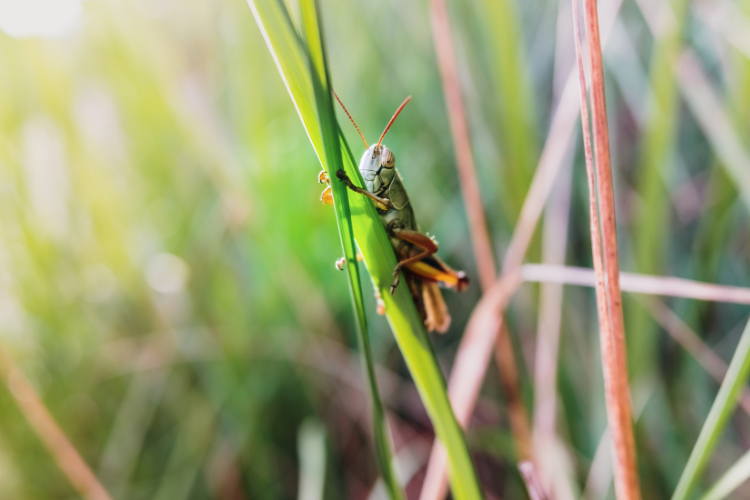The global population is expected to increase to 10 billion by 2050, bringing with it an increased demand for food and specifically protein. Insect farming can play a major role in ensuring global food security, reducing the environmental footprint of food production, and increasing sustainability of modern farming systems.
However, it is currently relying on insect populations whose genetics are poorly understood and who are not necessarily bred- or even fit-for-purpose. Understanding the genetics of large livestock species has made a big difference to the advancement of farming systems, but little effort and research has been put into developing structured breeding programs that would ensure genetic improvement of insect species. With the increased importance of honey bees as pollinators and the continuous scale-up of other insect farming systems, there is a rising need to coordinate research efforts in the field of insect breeding and genetics.
The Insect-IMP Action aims to connect researchers from various fields of genetics, entomology and veterinary sciences, both with each other and with other stakeholders across the entire farmed insects sector. The Action will focus on knowledge transfer between various insect species, as well as from other animal breeding and genetics sectors to allow for economic and research gains in insect farming and beekeeping. The collaboration within the Action will enable a more sustainable growth in the insect farming sector, progress European research capacity by laying the foundation for long-term collaboration within both research and industry across borders, and support educated decisions on insect breeding regulations.

